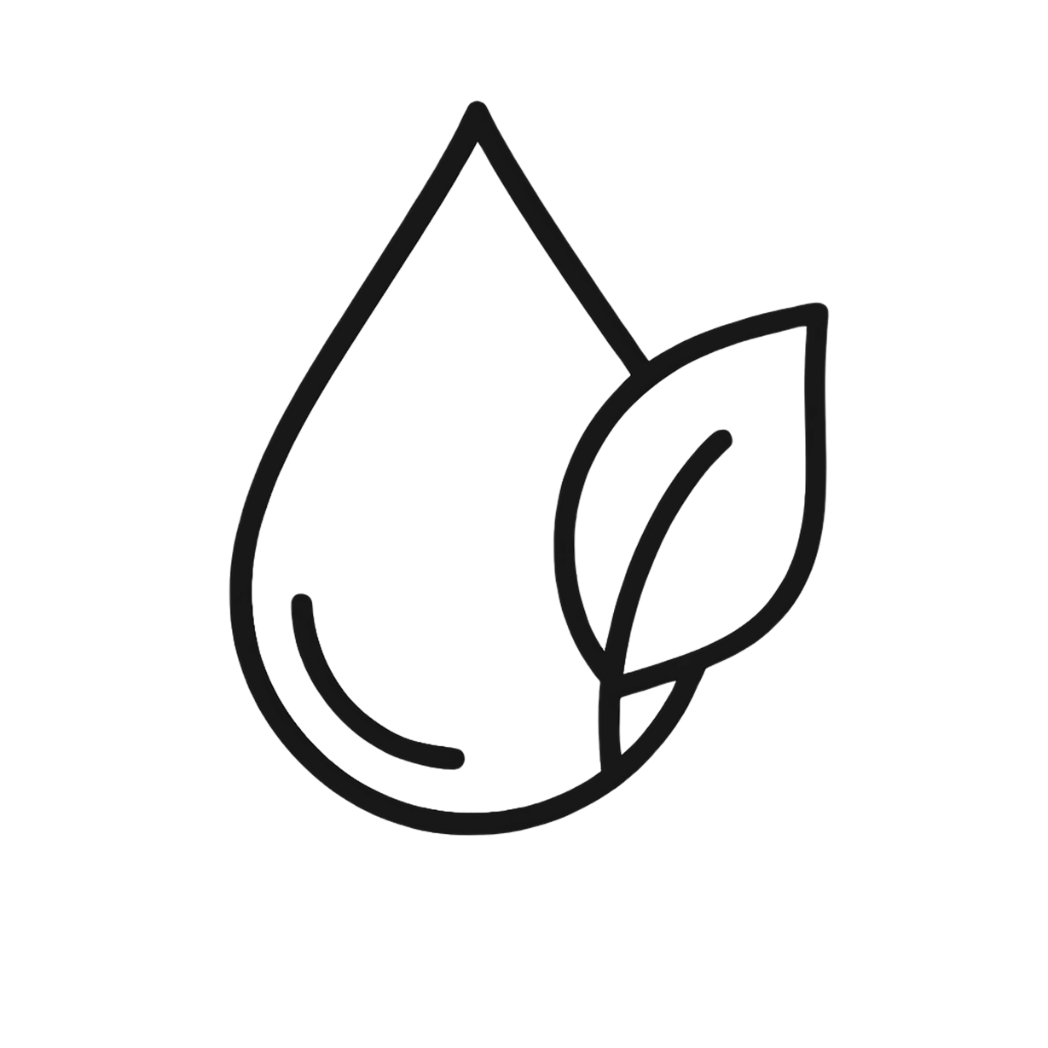Tanning and Acne: The Truth About Sun Exposure, Tanning Beds, and Safe Acne Solutions
Estimated Reading Time: 8 minutes
- *Tanning offers only temporary cosmetic relief and can worsen acne in the long run.*
- *Excessive UV exposure is linked with accelerated skin aging and heightened skin cancer risks.*
- *Dermatologists advocate for evidence-based treatments over risky tanning methods.*
- *Daily sun protection is crucial for managing acne and keeping skin healthy.*
Understanding Acne and Its Causes
Acne is a universally understood frustration, often crudely attributed to puberty, poor hygiene or junk food. In truth, it's a complex skin condition caused by a merry-go-round of factors like hormones, genetics, dietary influences, and skin care habits. Unhelpfully, myths abound in acne management, leading some to believe they can tan their way out of the problem.
While there is plenty of well-meaning advice out there suggesting tanning as an acne solution - it is, regrettably, a dangerous misconception, lacking robust scientific backing (Source: https://www.pictionhealth.com/post/does-tanning-help-acne, https://www.harmonywellness.net/posts/does-tanning-bed-use-help-with-acne-facts-risks).
Tanning and Acne – What Happens to Your Skin?
Despite the aforementioned dangers, many perceive tanning as a quick-fix solution, attributing a few key benefits to this practice. Tanning can temporarily dry the skin, reducing the oiliness associated with acne and the darker complexion can mask the redness of acne lesions. Some even believe that Ultraviolet (UV) rays have an antibacterial or anti-inflammatory effect that could combat acne (Source: https://www.harmonywellness.net/posts/does-tanning-bed-use-help-with-acne-facts-risks).
When it comes to UV rays and skin health, the story quickly darkens. Collectively, the UVA and UVB rays from tanning wreak havoc on your skin, accelerating the ageing process and increasing the risk of skin cancer (Source: https://www.pictionhealth.com/post/does-tanning-help-acne).
The scientific community has been unable to substantiate specific claims of the long-term benefits of tanning for acne. Early stage improvements are often merely cosmetic, and any advantageous effects will likely fade over time. Moreover, numerous studies reaffirm that excessive UV exposure could worsen acne through inflammation and skin barrier damage (Source: https://www.pictionhealth.com/post/does-tanning-help-acne, https://www.harmonywellness.net/posts/does-tanning-bed-use-help-with-acne-facts-risks).
The Risks – Sun Exposure, Tanning Beds, and Acne
Digging deeper into the dangers of tanning beds and frequent sunbathing as acne remedies reveals a path fraught with risks. Sun damage does not discriminate, and the harms are particularly potent for acne-prone skin.
UV exposure is strongly associated with a heightened risk of skin cancer, specifically melanoma and actinic keratosis. This risk is especially prominent among young tanning bed users (Source: https://www.frontiersin.org/journals/genetics/articles/10.3389/fgene.2022.967696/full, https://www.harmonywellness.net/posts/does-tanning-bed-use-help-with-acne-facts-risks).
Apart from cancer prospects, frequent sun exposure speeds up the skin's aging process, cultivating unwelcoming wrinkles, dark spots and a loss of elasticity (Source: https://www.harmonywellness.net/posts/does-tanning-bed-use-help-with-acne-facts-risks). The accelerated DNA damage can exacerbate existing acne scarring, causing damage that persists even after the acne has cleared (Source: https://www.harmonywellness.net/posts/does-tanning-bed-use-help-with-acne-facts-risks).
If that weren't enough, photosensitivity - an increased sensitivity to sunlight - can occur due to many standard acne medications, such as retinoids and certain antibiotics. This makes UV exposure even riskier for those already battling acne (Source: https://www.harmonywellness.net/posts/does-tanning-bed-use-help-with-acne-facts-risks).
Repeated and prolonged sun exposure can lead to a sun damage acne syndrome, which includes changes to pigmentation and irritating acne flares following a seemingly promising initial improvement (Source: https://www.pictionhealth.com/post/does-tanning-help-acne).
Expert Insights — Dermatologist Advice on Acne and Tanning
Dermatologists universally offer similar advice when acne meets tanning — they strongly discourage turning to tanning beds or purposeful sunbathing to treat acne. Read any dermatologist advice on acne, and you'll see they argue that the risks dwarf any temporary or perceived benefits (Source: https://www.harmonywellness.net/posts/does-tanning-bed-use-help-with-acne-facts-risks).
Masking acne through tanning is like popping a band-aid on a broken arm; it's a superficial fix ignoring a deeper issue. The advice from dermatologists consistently highlights a multitude of professional, evidence-based treatments that prove superior and far less risky than a tanning strategy for combating acne.
Stay tuned for the next segment, where we'll explore additional word-of-mouth remedies for acne and delve into innovative, dermatologist-approved treatments.
Safe Acne Solutions and Natural Improvements
Many people turn to the sun and tanning beds hoping that it might alleviate their acne condition. This approach is not only risky but largely ineffective. Instead, let's delve into some medically-recommended acne solutions and safe strategies to improve acne naturally.
Acne Treatments
Professional treatments to combat acne usually come in the form of topical and oral solutions:
- Retinoids — Retinoids are derivatives of vitamin A and work by speeding up the cell turnover process, preventing the clogging of pores (Source: https://www.niams.nih.gov/health-topics/acne).
- Benzoyl Peroxide — This compound kills acne-causing bacteria and helps peel off excess dead skin cells (Source: https://www.niams.nih.gov/health-topics/acne).
- Salicylic Acid — This substance works by breaking down the material that clogs pores, reducing inflammation. It can also help clear blackheads and whiteheads (Source: https://www.ncbi.nlm.nih.gov/pmc/articles/PMC4554394/).
The use of oral treatments such as Antibiotics, Hormonal Agents, and Isotretinoin are also highly effective but should always be administered under professional supervision due to potential side effects (Source: https://www.niams.nih.gov/health-topics/acne).
Improving Acne Naturally
While medication can help tame acne, incorporating lifestyle changes can be a game-changer. To improve acne naturally:
- Avoid Popping Lesions: Resist the urge to pop your pimples. Popping can push bacteria deeper into your skin, aggravate inflammation, and lead to scarring.
- Skin Hygiene: Keep your skin clean but avoid over-scrubbing; harsh cleansing strips natural oils, leading to overproduction of oil.
- Stress Management: Chronic stress can create hormonal imbalances that worsen acne. Consider integrating exercise, yoga, or meditation into your routine.
The Role of Sun Protection
A key aspect of skincare for those dealing with acne and sun sensitivity is using a daily, broad-spectrum, non-comedogenic sunscreen. This approach protects your skin from harmful UV rays while keeping your pores clear (Source: https://www.harmonywellness.net/posts/does-tanning-bed-use-help-with-acne-facts-risks).
Frequently Asked Questions about Tanning, Sun Exposure, and Acne
Does tanning help acne?
Unfortunately, no. Despite popular belief, tanning offers only temporary and cosmetic relief while potentially triggering further skin damage in the long run (Source: https://www.pictionhealth.com/post/does-tanning-help-acne).
Can sun exposure clear up acne?
While sun exposure can initially dry the skin and mask redness, these effects are short-lived. Prolonged UV exposure may in fact worsen acne and lead to further flares (Source: https://www.pictionhealth.com/post/does-tanning-help-acne).
Are tanning beds safer for improving acne?
Tanning beds are not a safer alternative; they significantly increase the risk of skin cancer without providing any long-term benefits for acne (Source: https://www.harmonywellness.net/posts/does-tanning-bed-use-help-with-acne-facts-risks).
What are the best dermatologist-approved acne treatments?
Dermatologists recommend evidence-based treatments that combine topical agents like retinoids and benzoyl peroxide with lifestyle adjustments and, when necessary, oral medications.
How can I protect my skin with acne in the sun?
The most effective strategy is the daily use of a broad-spectrum, non-comedogenic sunscreen to shield your skin from harmful UV rays while preventing clogged pores (Source: https://www.harmonywellness.net/posts/does-tanning-bed-use-help-with-acne-facts-risks).
Conclusion: Navigating the complexities of acne involves debunking myths surrounding tanning and embracing treatment strategies that prioritize skin health over temporary fixes.





